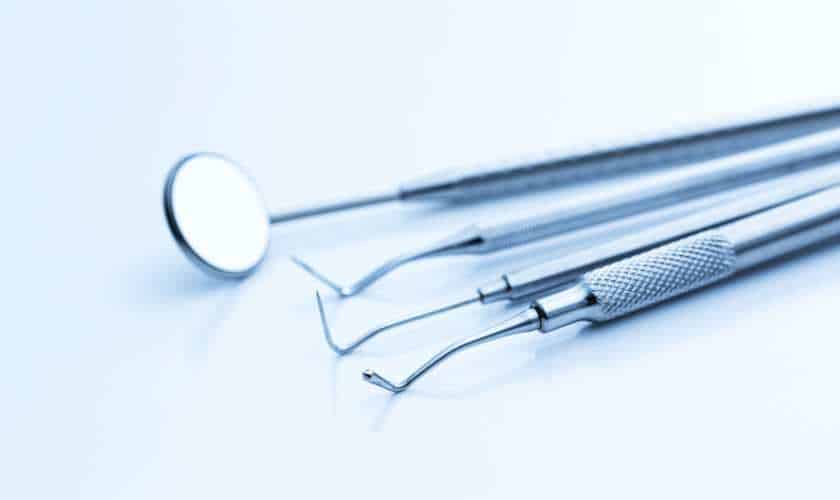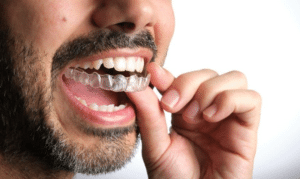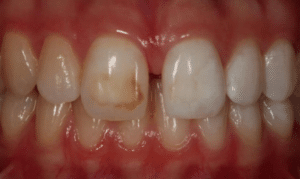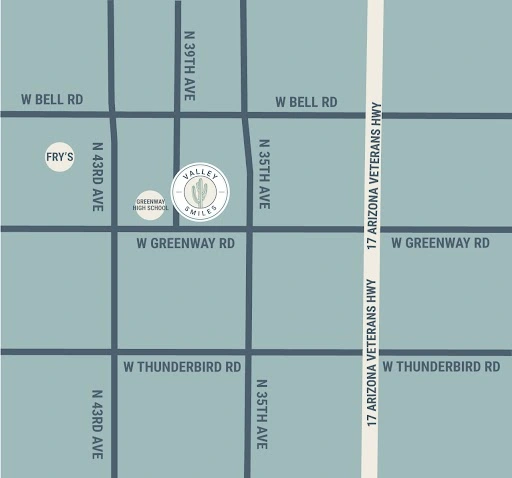Your teeth are an essential part of your life, and any dental emergency can be alarming. Whether it is a sudden toothache, broken filling, or chipped tooth, the pain can be unbearable at times. Dental emergencies can happen to anyone, anytime and anywhere. It’s crucial to know how to prevent them before they occur, and what steps to take if you suspect one has happened. In this blog post on emergency dentistry, we’ll go through some common signs of dental emergencies and provide tips on how to properly treat them. So sit tight and read along!
What are the Signs of a Dental Emergency?
Dental emergencies can arise unexpectedly and may cause severe pain, discomfort, or bleeding. Here are some common signs of dental emergencies that you need to be aware of:
Toothache: A sudden sharp toothache with spontaneous pain is one of the most common signs of a dental emergency.
Swollen Gums: If your gums become swollen or tender and bleed easily, it could be a sign that something’s wrong with your teeth.
Broken Tooth: A broken or chipped tooth might not seem like an emergency at first but if left untreated, it can lead to further complications down the line.
Lost Filling/Crown: If you have lost a filling or crown, it means that your tooth is exposed and vulnerable to bacteria which could lead to infections and other problems.
Persistent Bleeding: Persistent bleeding from your gums after brushing or flossing might indicate gum disease which requires immediate medical attention by a dentist.
If you experience any of these symptoms, seek professional help immediately. Remember prevention is always better than cure when it comes to oral health!
What to Do if You Suspect You Have a Dental Emergency?
If you suspect that you have a dental emergency, the first thing to do is remain calm. Dental emergencies can happen at any time and it’s important not to panic. The next step is to assess the situation and determine whether or not it requires immediate attention.
If you are experiencing severe pain, bleeding, or swelling in your mouth, this could be a sign of a dental emergency. In such cases, it’s best to contact your dentist immediately for advice on what steps to take next.
In some cases, dental emergencies may require urgent treatment from an emergency dentist. For example, if you have knocked out a tooth or broken one in half due to injury – these are considered serious dental emergencies that should be treated as soon as possible.
It’s important to note that not all dental issues require immediate attention and some can be managed with simple home remedies until you can see your regular dentist. However, if in doubt about whether something constitutes an emergency – always err on the side of caution and seek professional advice promptly.
Remember: early intervention is key when dealing with potential dental emergencies so don’t hesitate to reach out for help!
How to properly treat a dental emergency
If you’re experiencing a dental emergency, it’s essential to take action as soon as possible. The first thing you should do is call your dentist and explain the situation. They will be able to provide guidance on what steps to take next based on your specific circumstances.
In the meantime, there are several things you can do at home to alleviate pain or discomfort. If you have a toothache, rinse your mouth with warm salt water and use dental floss to remove any food particles that may be stuck between teeth.
If a tooth has been knocked out, try gently placing it back in its socket until you can see a dentist. If this isn’t possible, keep the tooth moist by storing it in milk or saliva.
For broken or chipped teeth, rinse your mouth with warm water and apply an ice pack or cold compress to reduce swelling. Avoid eating hard foods until you can see a dentist.
It’s important not to ignore dental emergencies because they could lead to more serious issues down the line if left untreated. By taking swift action and following these tips for proper treatment at home, you’ll be well on your way toward recovering from any dental emergency that comes your way.
Conclusion
Taking care of your oral health is crucial, and knowing what to do in a dental emergency can help prevent further damage or complications. By understanding the signs of a dental emergency and taking immediate action when necessary, you can protect your teeth and gums from harm.
Remember that prevention is key when it comes to dental emergencies. Maintaining good oral hygiene habits, visiting your dentist regularly for checkups and cleanings, wearing protective gear during sports activities, and avoiding hard or chewy foods can all go a long way in preventing dental emergencies from occurring.
However, accidents happen. If you do experience a dental emergency, don’t panic – stay calm and seek immediate treatment from an emergency dentist. With proper care and attention, you can quickly recover from most types of dental emergencies.
So take the time to educate yourself on how to handle potential dental emergencies before they occur – it could save you pain, discomfort, and costly treatments down the line!





